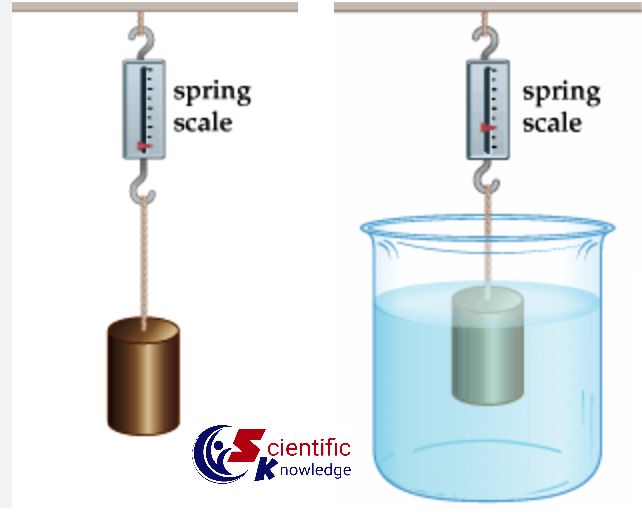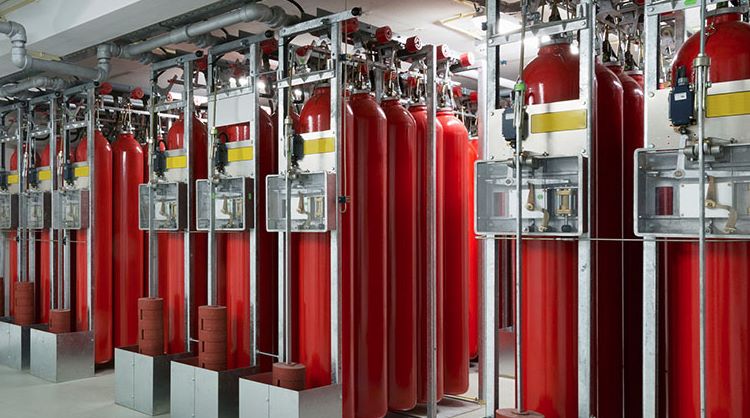
Laboratory Accreditation
• Accreditation is a crucial term in laboratory accreditation, providing official authorization to calibration laboratories.
• It includes providing credentials, vouching for conformity with standards, and recognizing educational institutions.
• In the U.S., four bodies provide accreditation to ISO/IEC 17025: the National Voluntary Laboratory Accreditation Program (NVLAP), the American Association for Laboratory Accreditation (A2LA), the International Accreditation Services (IAS), and Assured Calibration Laboratory Accreditation Select Services (ACLASS).
• Mutual Recognition Arrangements (MRAs) are documented systems that ensure confidence and correctness in accreditation activities through consensus, evaluation, and validation.
• The ISO 9000 series of quality standards standardized calibration requirements, but did not define requirements for calibration suppliers.
• As third-party calibration laboratories increased, quality processes decreased, leading to less experienced personnel, shortcuts in traceability, extended calibration cycles without justification, and abbreviated calibration of instruments.




